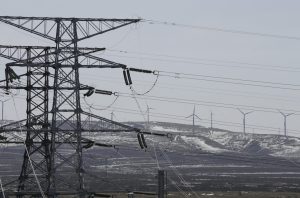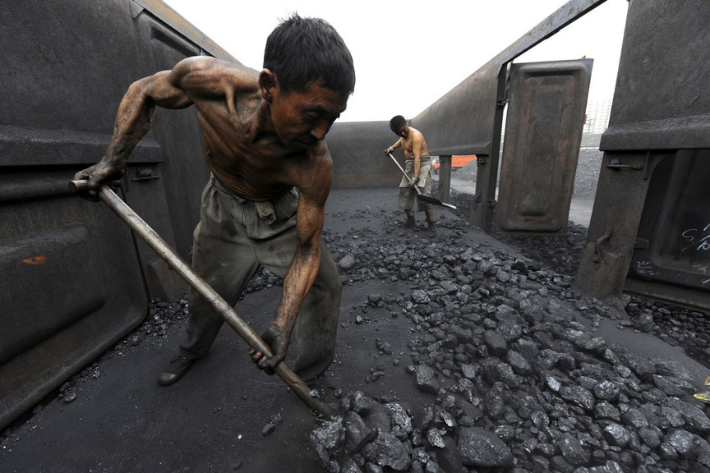(ATF) Sina – the Chinese tech giant listed on the Nasdaq exchange in the US – looks to have begun a process to privatise the company and perhaps list in Hong Kong.
The board of Sina.com says it received a non-binding privatisation offer from New Wave MMXV Ltd on July 6, 2020, according to Sina Finance. The offer proposes to acquire all common shares issued by companies that New Wave does not already hold for $41 per share in cash.
New Wave is a company registered in the British Virgin Islands and controlled by Sina chairman and CEO Cao Guowei.
The company’s board of directors has formed a special board committee composed of independent directors Zhang Songyi, Zhang Yichen and Wang Yan to evaluate and review this privatisation offer.
CEO Cao Guowei’s acquisition notice – to buy all common shares in Sina that New Wave does not yet hold – is a takeover offer.
In general, in order to prevent the purchase price from excessively increasing, stock deals are privately agreed upon between shareholders or quietly acquired in the secondary market. But Cao Guowei issued an acquisition notice to Sina. This is an open offer that will inevitably lead to a surge in Sina’s stock price. From the viewpoint of acquiring shares, it is a proposal that could lead to losses.
So why did Cao Guowei choose this method?
In fact, the proposal is divided into an active offer and a passive offer. The active offer is just like an agreement offer, and the shareholders transfer equity within the form of an agreement. The passive offer is because the individual who has acquired the stock holds more than 30% of the shares. At this time, there will be an official insertion, requiring shareholders to make the acquisition plan public and prevent other shareholders from suffering unnecessary losses.
‘Planning a delisting’
China tech research firm Ruidang Technology said: “It can be seen that what Cao Guowei wants to do is the centralisation or privatisation of equity. As a company that has been listed in the US for more than 20 years, all of its shares are suddenly withdrawn and concentrated in its own hands. It is not difficult to think that maybe Sina is planning a delisting.”
Previously, Chinese tech firms 360 and Momo made similar privatisation offers, delisted in the United States and returned to Hong Kong for a secondary listing.
So, following this trend, it seems likely that Sina will re-list in Hong Kong.
Sina, one of China’s main portals, has long been controlled by the Chinese Communist Party. A former founder of Sina.com married the daughter of former Chinese President Hu Jintao.
Sina operates four main businesses: Sina Weibo, Sina Mobile, Sina Online and Sinanet Sina. These have over 100 million registered users worldwide. It is the largest Chinese-language mobile portal, while Sina Weibo is a microblog Twitter-style social network.
‘Under-estimated’
Ruidang Technology said the value of Chinese companies listed in the United States had been “underestimated.” This is an explanation or reason that other Chinese firms have given for delisting.
At the same time, with the sharpening of differences between China and the United States, Washington has adopted strict supervision policies on Chinese stock companies listed in the US, which the Ruidang report said “is not conducive to the development of enterprises”.
The US financial environment had become increasingly unsuitable for the development of Chinese stock companies, the report said. US authorities have been pressing for Chinese companies to be more transparent and to follow the same rules as US listed companies.
China’s domestic financial system is also said to have improved. The report cited “reform of the Hong Kong stock system” and improvement of the domestic Growth Enterprise Market and GEM registration system as creating a better environment.
The research report predicted that in the near future, increasing numbers of Chinese companies listed in the US would return.
In China this referred to as “reverse globalisation”. This can be seen from economic, financial, technological and other aspects, but the trend of globalisation is still mainstream.
“The collision of globalisation and anti-globalisation means the reconstruction of the global order, and China will have more opportunities to participate in the construction of the global order, breaking the previous solidified impression of China in the world and gain more initiative,” the report said.
























